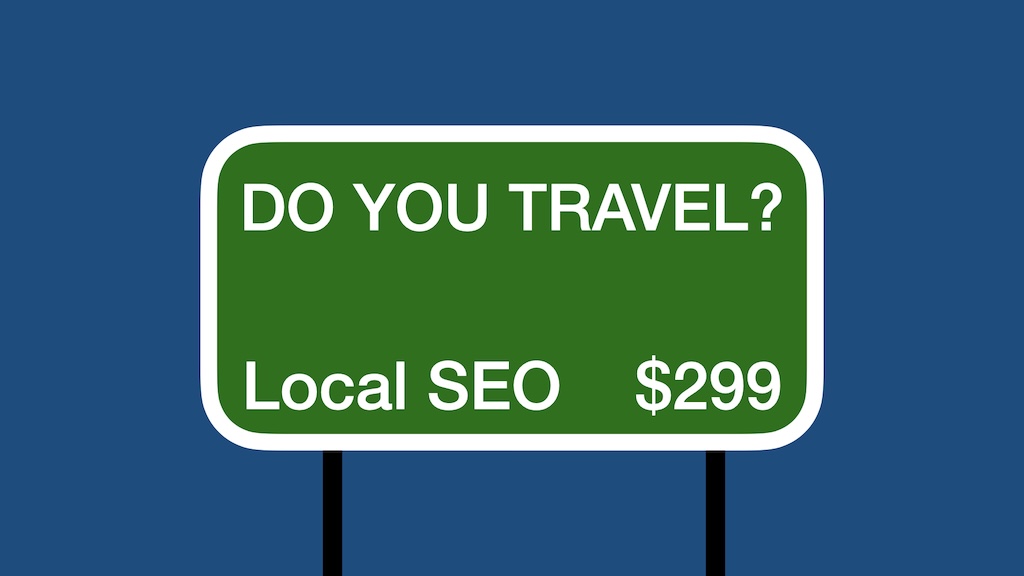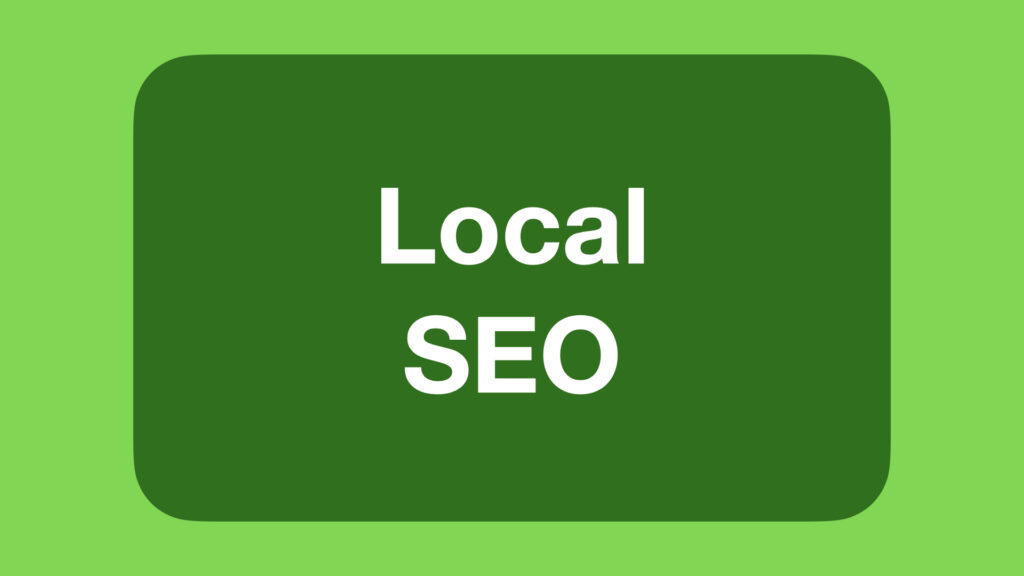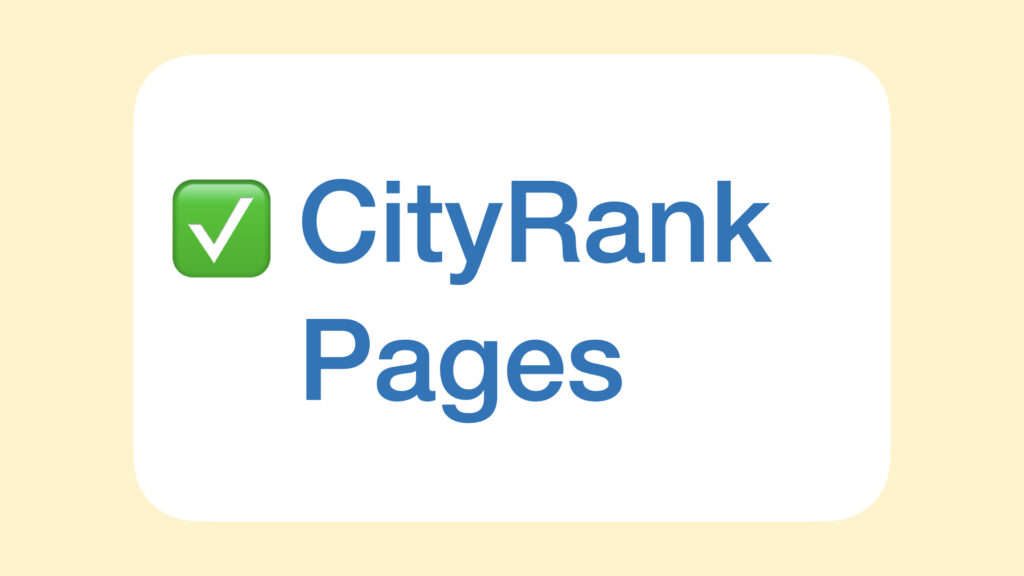
When it comes to churches and ministries, reaching your community is key. You’ve got a message to share, and you want to make sure it’s heard by those who need it most. In today’s digital age, that means showing up where people are searching—online. That’s where local SEO comes in. If you want to make your church more visible to your local community, these simple SEO tips can make a huge difference.
Why Local SEO Matters for Churches
Let’s be real: Most people use Google to find what they need, even when they’re looking for a new church to attend. Local SEO is all about optimizing your church’s online presence to appear in local search results. So when someone types “church near me” or “Christian ministries in [Your City],” your church shows up at the top of the list. With the right strategies in place, you’ll connect with more people who are searching for faith and community in your area.
1. Claim and Optimize Your Google My Business Profile
•For real, if you haven’t claimed your Google My Business (GMB) profile, you’re missing out on one of the easiest ways to boost your church’s visibility. GMB is what makes your church pop up in local searches and on Google Maps.
•How to Do It: Go to Google My Business and create or claim your church’s profile. Fill out all the details—church name, address, phone number, service times, website URL, and a brief description that includes relevant keywords like “Christian church in [Your City].”
•Pro Tip: Use high-quality photos of your church, services, and events to give visitors a welcoming glimpse of what to expect.
2. Use Local Keywords in Your Content
•Words are key, and keywords are… you get it. When you’re writing content for your website, include keywords related to your location. This helps search engines match your church with people searching in your area. Think of phrases like “Bible study in [Your City]” or “Sunday service in [Your Neighborhood].”
•Example: If you have a page about your youth ministry, include phrases like “Our youth group meets every Wednesday in [Your City] to connect and grow in faith.” This not only describes the ministry but also tells search engines that it’s relevant to your community.
3. Create a “Plan Your Visit” Page
•Having a “Plan Your Visit” page is a game-changer for churches. It provides essential information for first-time visitors, like service times, location, parking details, and what to expect.
•Why It Helps: Not only does this page make newcomers feel welcomed and prepared, but it also adds valuable, keyword-rich content to your site that boosts your local SEO. Make sure to include phrases like “What to expect when you visit our church in [Your City].”
4. Encourage Online Reviews
•Straight-up, reviews play a big role in local SEO. Positive reviews on Google My Business, Facebook, and other platforms signal to search engines that your church is active, credible, and worth recommending. Encourage your congregation to leave reviews by including a gentle reminder in your announcements, emails, or newsletters.
•Pro Tip: Respond to reviews—both the positive and the not-so-positive ones. Thank people for their kind words, and address concerns in a friendly and understanding manner. This shows that you value feedback and are engaged with your community. Plus, interactions with reviews keep your profile fresh, which search engines love.
5. Optimize Your Website for Mobile
•Let’s be real—most people search for local services on their phones. That means your church’s website needs to be mobile-friendly. Google ranks mobile-friendly websites higher in search results, especially for local searches.
•How to Do It: Use a responsive website design that automatically adjusts to fit different screen sizes. Make sure your site loads quickly, buttons are easy to click, and text is readable on small screens. If someone searches for “church near me” while they’re out and about, you want your site to be easy to use and inviting.
6. Create Local Content
•Words are key, and keywords are… you get it. One of the best ways to boost your local SEO is by creating content that speaks directly to your community. Write blog posts, event announcements, or devotionals that include references to your city or neighborhood.
•Example: Share a blog post titled “5 Ways to Serve Your Community in [Your City]” and include information about upcoming church events or community service opportunities. This not only helps with SEO but also positions your church as an active part of the local community.
7. List Your Church on Local Directories
•Get your church listed on local online directories like on Team Jesus, local business directories, and Christian business listings. These listings provide valuable backlinks to your website, which improve your site’s authority and SEO.
•Pro Tip: Make sure your church’s name, address, and phone number (NAP) are consistent across all directories. This consistency helps search engines verify your information and boosts your local search ranking.
8. Use Location Pages for Multi-Campus Churches
•If your church has multiple campuses or ministries in different locations, create a separate page on your website for each location. This helps search engines understand that your church is active in multiple areas.
•Example: If you have one campus in Phoenix and another in Mesa, create a page for each with information specific to that location, such as address, service times, and events.
9. Incorporate Schema Markup
•For real, this might sound technical, but it’s a great way to help search engines understand your content. Schema markup is code you add to your website that provides additional information about your church, like service times, events, and location.
•Pro Tip: Use Google’s Structured Data Markup Helper to add schema markup to your site. This can enhance your local search results, sometimes even showing things like event dates right on the search page!
10. Add an “About Us” Section with Local Keywords
•An “About Us” page is a great place to tell your story and include relevant local keywords. Share your church’s mission, vision, and history, and mention the city or neighborhood you’re serving. Search engines use this information to understand your website’s relevance to local searches.
•Example: “At [Church Name], we’ve been serving the [Your City] community for over 20 years, offering a welcoming place for worship, fellowship, and spiritual growth.”
Let’s Shine Your Light Online
Local SEO isn’t just for businesses—it’s a powerful tool for churches to connect with their communities and share their message of hope. By following these tips, your church will be more visible online, making it easier for people in your area to find you and get involved.
If this seems like a lot to handle, don’t sweat it! Our company is here to help you navigate the world of SEO and get your church the visibility it deserves. Let’s work together to bring your church’s light to the people who need it most.
Ready to Reach Out?
Your community is searching for faith and connection, and local SEO can help them find your church. So, start implementing these tips and watch as more people discover your message and mission. And if you need a hand, you know where to find us!












